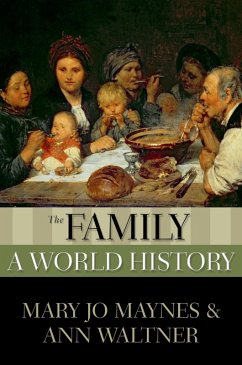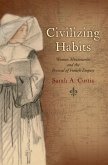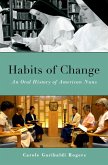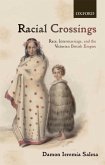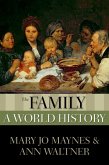People have always lived in families, but what that means has varied dramatically across time and cultures. The family is not a "natural" phenomenon but an institution with a dynamic history stretching 10,000 years into the past. Mary Jo Maynes and Ann Waltner tell the story of this fundamental unit from the beginnings of domestication and human settlement. They consider the codification of rules governing marriage in societies around the ancient world, the changing conceptions of family wrought by the heightened pace of colonialism and globalization in the modern world, and how state policies shape families today. The authors illustrate ways in which differences in gender and generation have affected family relations over the millennia. Cooperation between family members--by birth or marriage--has driven expansions of power and fusions of culture in times and places as different as ancient Mesopotamia, where kings' daughters became priestesses who mediated among the various cultures and religions of their fathers' kingdom, and sixteenth-century Mexico, in which alliances between Spanish men and indigenous women variously allowed for consolidation of colonial power or empowered resistance to colonial rule. But family discord has also driven - and been driven by - historical events such as China's 1919 May Fourth Movement, in which young people seeking an end to patriarchal authority were key participants. Maynes's and Waltner's view of the family as a force of history brings to light processes of human development and patterns of social life and allows for new insights into the human past and present.
Dieser Download kann aus rechtlichen Gründen nur mit Rechnungsadresse in A, B, BG, CY, CZ, D, DK, EW, E, FIN, F, GR, HR, H, IRL, I, LT, L, LR, M, NL, PL, P, R, S, SLO, SK ausgeliefert werden.

